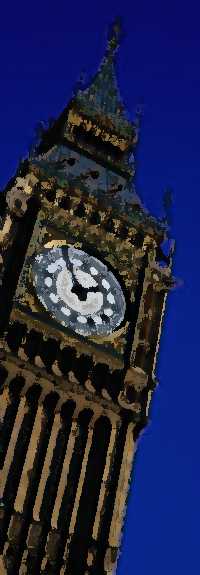When I
was a young man about the age of twenty-one I wanted to be a Pentecostal preacher. After being incarcerated for crimes I did
not commit, incriminated by an over enthusiastical Pentecostal preacher, I began studying the history and development of the
human race. I learned that many of the things I had been taught were inaccurate and incomplete. Biblical principles are of
great value if one practices them for their moral value; however, many of the stories in Genesis are over exaggerated by religious
leaders. These leaders are teaching merely what has been handed down to them. Many of these stories predate the life of Abraham
and many similarities can be found between the early chapters of Genesis and ancient Babylonian mythology. I have undertaken
a study to exemplify what I mean and hopefully clear up any questions that the average Christian might have. I will
also discuss the development of the Christian religion from its basic roots up to our present time.
In the
early years of the development of the human race men were at first nomadic; they would travel from place to place following
migrating herds of animals for food. During these formative years men lay in the fields at night watching the stars; noticing
the patterns and the way they appear at different times of the year, they gradually began to predict the seasons of harvest.
As this development began to occur they would form communities and build storehouses for the grain that was to feed them through
the winter months.
Meanwhile,
out of desperation for food, other tribes that were still nomadic would invade during winter months or draught; this caused
the early settlers to form armies for their defense. To avoid chaos it was necessary to elect a king(usually the strongest
and wisest man among them) to lead and organize defense tactics.
These early
conditions led to many superstitions; the forces in nature that they couldn't explain were believed to be evidences of a mystical
power. For example, the unexplainable life in the growth of a tree or the current of mountain streams, even their kings, were
believed to possess divine endowment. Since washing produces a sensation of cleanliness, water became sacred and used ritualistically.
These powers became feared and different forms of worship began to evolve. Some of these practices included the sacrifice
of sheep, oxen, and even human beings.
The idea
was formed that the position of the stars in the sky seemed to control the seasons of harvest. This in turn led the primitive
people to believe that the stars and seasons were ultimately in control of their destiny; out of this the zodiac emerged.
Many other superstitions entered the mindset of these primitive peoples. These superstitions have later been modified and
carried over into many of our modern religious practices.
It is my
hope to explain how these practices entered in modern religion and still affect many religious views yet today.
